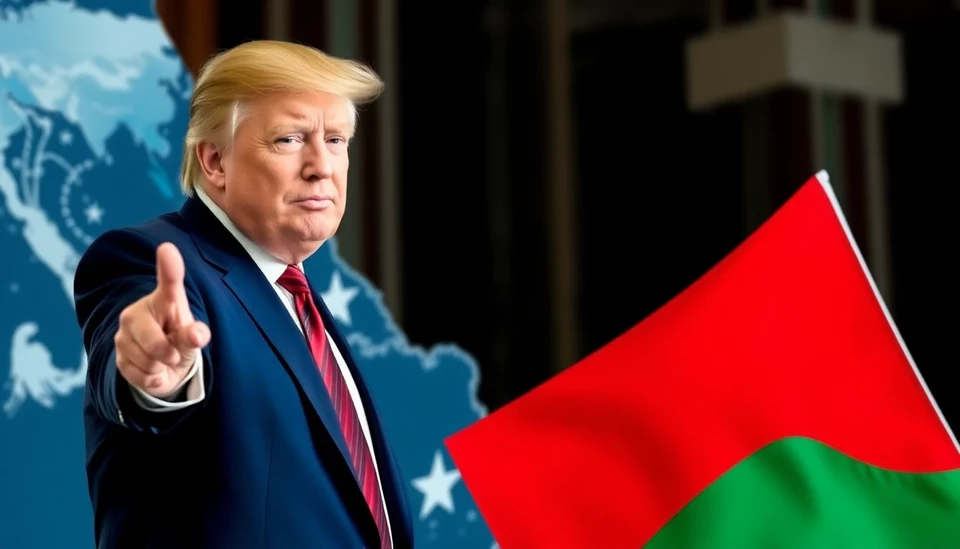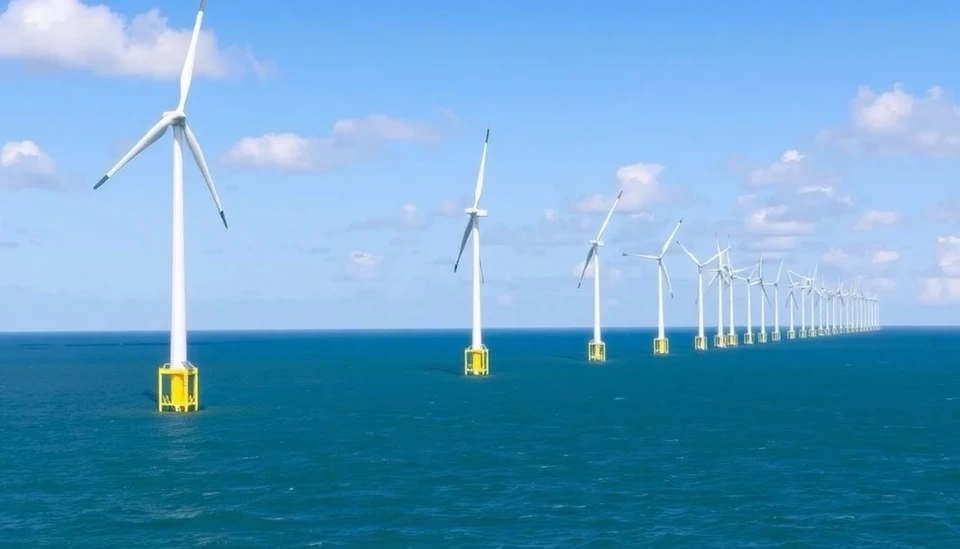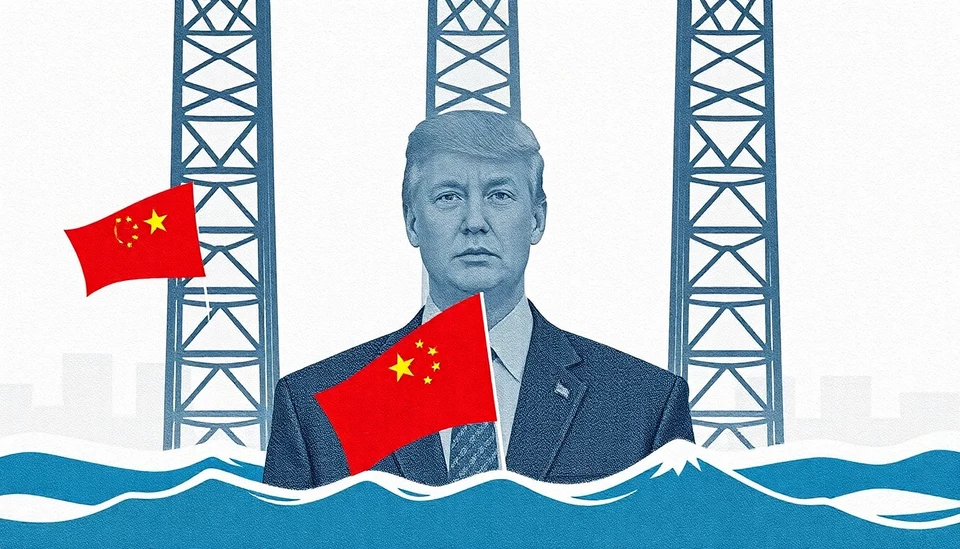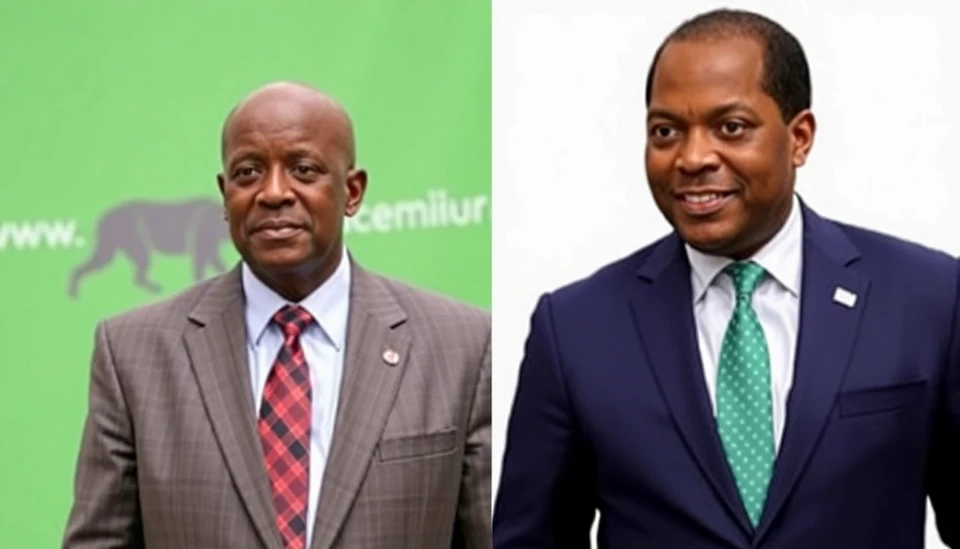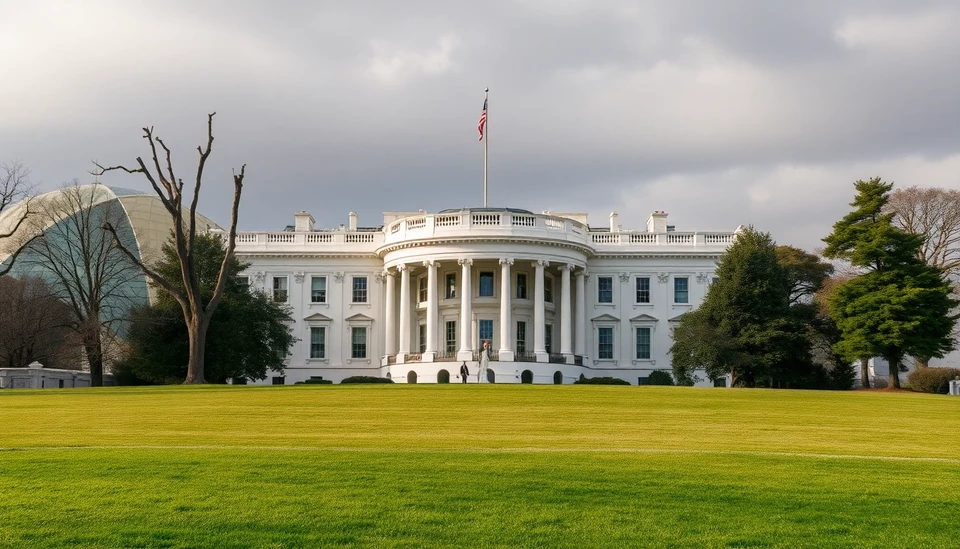
In a shocking turn of events that has sent ripples through the environmental community, former President Donald Trump has announced a suspension of federal funding dedicated to climate change initiatives. This decision has left numerous organizations and stakeholders grappling with the implications of a potentially deep freeze on projects aimed at combating climate change.
The move comes as part of a broader strategy by Trump to curtail government spending and ease regulatory burdens, but critics argue it sends a dangerous message at a time when the climate crisis is escalating. Environmental advocates fear that the halt to funding could dismantle years of hard work aimed at sustainability and climate resilience. As countries around the globe battle the impacts of climate change, the U.S. is now poised to step back from its previous commitments.
Key personas within the scientific community have expressed dismay over the ramifications of this decision. Renowned climatologists have warned that a freeze on climate financing could undermine vital research necessary for understanding and mitigating climate change's effects. Many of these experts were already concerned about insufficient funding, and now they are faced with an uncertain future for their projects and programs.
Additionally, the announcement has left local governments and businesses in a state of limbo. Numerous states had relied on federal support to implement green initiatives and projects aimed at reducing carbon footprints. Local leaders are now anxious, unsure of how they will finance critical environmental projects that directly affect their communities.
The political implications of Trump's freeze are equally profound. While his base may view this as a positive step toward reducing government spending, environmental advocates and moderate politicians are rallying against the decision. They argue that this could lead to a significant roll-back of crucial advancements in understanding climate science and mitigating its effects on the environment.
Some experts speculate that the freeze may motivate community-level activism and innovation in the climate sector. Without federal support, organizations might be compelled to seek alternative funding sources and develop more locally-focused strategies that do not rely on federal assistance. However, the concern remains that this decentralized approach may also result in a disparity of resources, with wealthier areas able to invest more heavily in climate initiatives than poorer regions.
This sudden halt of climate funding not only raises questions about immediate impacts but also casts a shadow over future administrations and their ability to address climate issues comprehensively. As discussions about climate change continue to gain momentum on the global stage, Trump's decision may jeopardize the U.S.'s leadership role in climate initiatives both domestically and internationally.
In conclusion, the freeze on climate funding by Donald Trump illustrates a tumultuous shift in U.S. climate policy, engendering confusion and fear among those dedicated to environmental protection. As stakeholders across the spectrum evaluate the implications, the hope remains that innovative solutions arise out of challenge, even in the face of uncertainty.
As this situation unfolds, all eyes will be on how affected organizations and communities respond to this significant policy change.
#Trump #ClimateChange #EnvironmentalPolicy #FundingFreeze #ClimateCrisis #Sustainability #GreenInitiatives #Activism #ClimateFunding
Author: Megan Clarke
